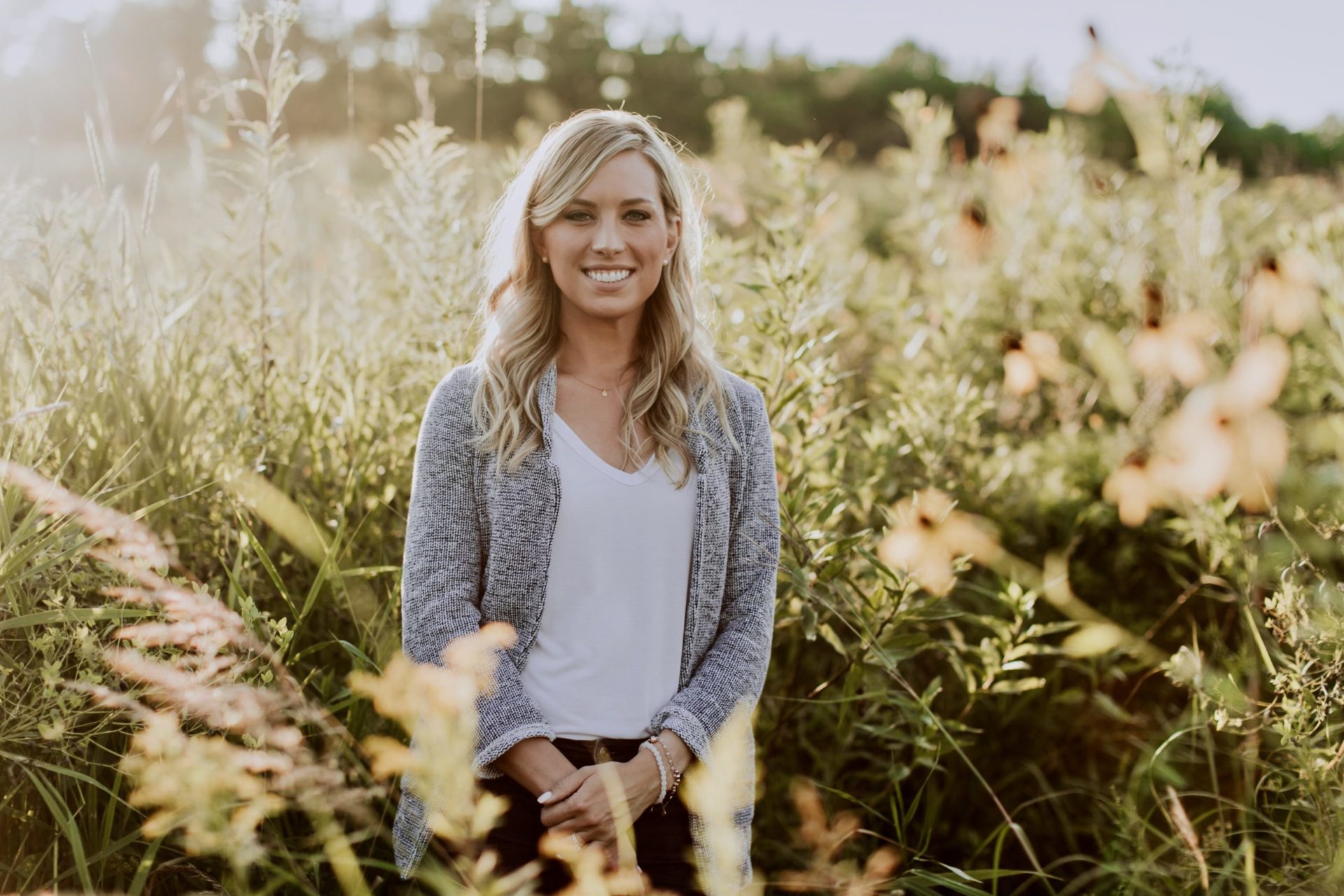Write Now with Samantha Specks
Do you ever get the writers’ scaries? Author Samantha Specks explains how this feeling is normal and easily corrected.
This post is only for subscribers.
Already have an account? Sign in
Subscribe to new posts